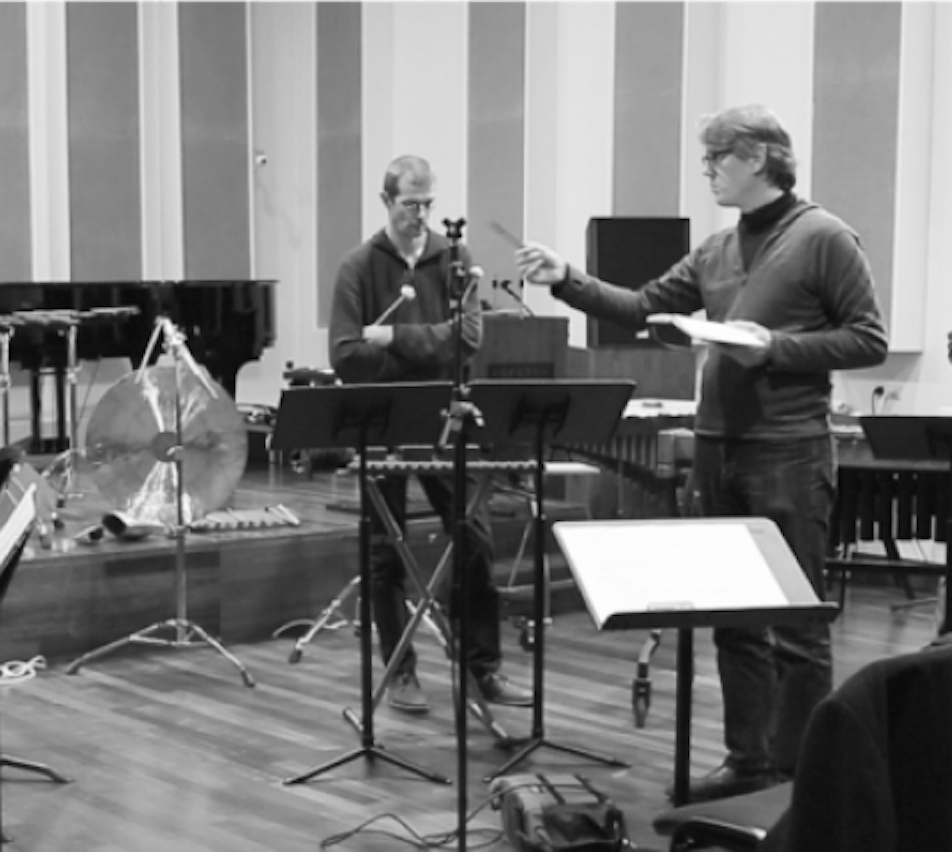Just as Brahms's controlled mind and body are understood to rescue him from the excesses and debilities of his Romantic milieu, so too are modern Brahmsian pianists fetishized as elite performers whose sober treatment of musical detail, time and structure is understood to distance them from their more overtly sentimental and emptily virtuosic peers. This predication of Brahmsian identity on restraint however, leaves the pianists of the Schumann-Brahms circle in a precarious situation: their early recordings of Brahms's late piano pieces evidence an approach to detail, time and structure that is governed by the corporeal and psychological conundrums typically associated with Romanticism. While the chasm between these pianists' performances and modern Brahms style is often explained by changing tastes and standards, it is the author's contention that this gap is mediated by the aesthetic ideology of control, and enforced by a nearly immovable set of associated performance norms. As nothing is allowed to intrude into modern performances of Brahms's piano music that threatens understandings of his controlled identity, neither mainstream, historically-inspired, nor recordings-inspired Brahms sounds anything like Brahms as he was recorded by those who knew him, despite most pianists' dual claims of historical curiosity and creative agency.
This volume and its associated performances seek to problematize Brahmsian identity: by investigating the origins of the aesthetic ideology of control and the modes by which it mediates scholarly and performance-based assessments of documentary and sounding evidence of Brahms's musical contexts; by suggesting what Brahms's late piano pieces might 'tell of' beyond narratives designed to buttress understandings of his controlled Classical identity; by analysing and copying the early Brahms recordings of pianists in his inner circle; and by demonstrating how these pianists' styles can be experimentally applied in ways that are at least as disruptive to modern notions of Brahmsian identity as their early-recorded models. It is found that when approaching evidence of Brahms's musical contexts with a view to problematizing rather than reinforcing current understandings of his identity, a style of performance emerges that is indeed ruled by the corporeal and psychological risks, tantrums and rhapsodies typically associated with Romantic pianism. This shift in understanding as related to Brahms's identity then opens up a palette of expressive and technical resources that are currently suppressed by the mores of modern Brahms style: resources that, when applied experimentally, are shown to both narrow and further elucidate the gaps between contemporary and early-recorded Brahms style, while also offering a tantalizing reconciliation between the Scylla and Charybdis of historical sympathy and creative agency in modern Brahms performance spheres.

